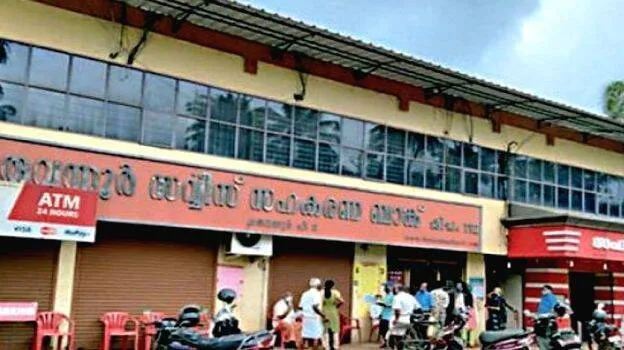

The Enforcement Directorate (ED) has submitted its final chargesheet in the Karuvannur Service Cooperative Bank loan scam case involving Rs 180 crore in the special court at Kaloor. In a rare move, the CPM, Kerala’s largest political party, has been named as the 68th accused. CPM leaders allege that this inclusion is a deliberate act by the investigative agency, done under pressure and driven by the political opposition and hostility of the BJP-led central government. Party state secretary M.V. Govindan has clarified that the CPM will face the case both politically and legally.
Legally addressing the case is essential, while the political approach aims to make the public understand that the case is a result of the BJP’s conspiracy. If any party has been named as an accused without strong evidence, the court can dismiss the charges during the trial once the facts are made clear. Legally, a party has the right to open multiple bank accounts, and money can be deposited into them through various means. However, for the ED to list CPM as an accused, it must be based on conclusions or evidence that the money in the party's accounts was linked to the bank fraud. Therefore, the party must first present the facts before the court and take the necessary steps to get its name removed from the list of accused.
Former minister AC Moideen MLA, K Radhakrishnan MP, and MM Varghese, who were CPM's Thrissur district secretaries during the time of the financial misappropriation in the bank, have also been named as accused. They were charged based on their official responsibilities in the district, as assigned by the party during those times. This does not mean they personally benefited from the scam. However, there may be others on the accused list who did make personal gains. One of the biggest fraud methods in service cooperative banks involves sanctioning large loans by violating norms and without adequate collateral. When borrowers default, the bank is legally unable to return money to depositors even when demanded. This is how the fraud came to light.
Despite the submission of the final chargesheet, it is unlikely that the Congress or the BJP will gain a significant edge in the election campaign. Investigations into similar frauds are ongoing in service cooperative banks where Congress held a majority. Likewise, fraud has been reported in cooperative financial institutions led by BJP workers and sympathisers. So when one accuses the other, the public may view it as akin to a person with two lame legs mocking someone with one. Banking operations must strictly adhere to clear rules and laws—it cannot be run based on phone calls from party offices saying, “He’s our man.” If this continues, more “Karuvannur” cases will happen, and the public will ultimately lose trust in the cooperative sector. The Karuvannur case stands as a lesson and a warning for what should never be repeated.